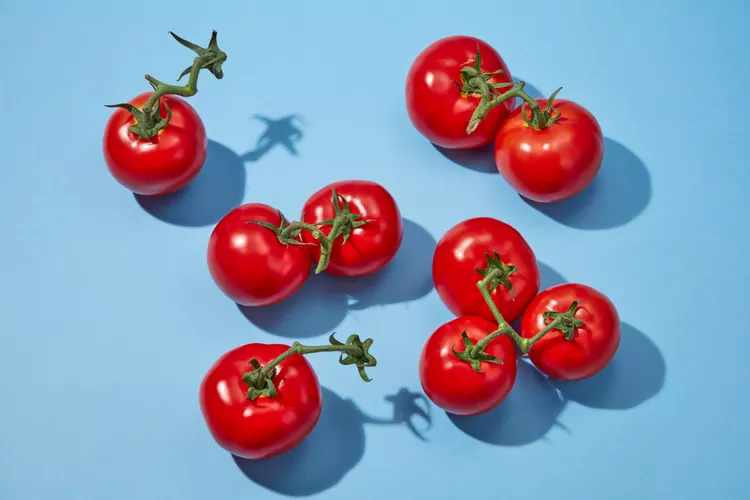Trouble Sleeping? Try Adding These Vegetables to Your Dinner Plate
- Lisa Milbrand
- Sep 22, 2025
- 2 min read

There are a lot of factors that could help you boost the odds of having a good night's sleep, and your diet is definitely one of them. While turkey, warm milk, and tart cherry juice get all the attention for making you drowsy, there are plenty of other foods that can help you sleep more soundly—including vegetables.
So maybe what you need to eat before bedtime is a nice salad or a baked sweet potato! Here's everything you need to know to create a healthy and sleep-enhancing diet that's rich with vegetables.
Tips to Help You Eat for Better Sleep
You probably already know you shouldn't be downing an espresso right before bed, but other dietary choices can impact your sleep as well.
Look for vegetables that contain key nutrients
Some vitamins and minerals are noted for their ability to help you sleep—and eating foods like vegetables that contain them can help you improve your sleep. Debbie Petitpain, MBA, RD, spokesperson for the Academy of Nutrition and Dietetics, suggests focusing on the following:
Magnesium: Supports brain function and helps regulate melatonin.
Tryptophan: An amino acid that converts to serotonin and melatonin—key hormones for sleep regulation.
Potassium: Helps prevent muscle cramps and supports nerve function, which can reduce nighttime awakenings.
Vitamin B6: Aids in the conversion of tryptophan to serotonin and melatonin.
Melatonin: Directly influences sleep-wake cycles.
Eat your last meal a couple of hours before bed
A too-full stomach can keep you up at night—and disrupt your sleep. "In general, you should stop eating two to three hours before bed," Petitpain says. "This is especially important if you have reflux or are prone to heartburn."
Choose an appropriate bedtime snack
If you are hungry before bed, keep it small and focus on sleep-inducing ingredients. "Focus on bedtime snacks that have tryptophan and some carbohydrates," Petitpain says.
Pair your veggies with other healthy foods
Consistently good eating will help improve your sleep. "There isn’t one magic nutrient or vegetable for sleep—the pattern matters," Petitpain says. "Diets rich in vegetables, fruit, and minimally processed carbs are repeatedly associated with better sleep quality."
Avocados

Avocados offer both magnesium and B vitamins, along with healthy fats that can help you feel full longer.
Spinach and Other Leafy Greens

Leafy greens like spinach and kale are high in magnesium, which can help regulate your melatonin.
Edamame

Edamame is a source of tryptophan and magnesium—and another bonus? It also provides protein in your diet.
Sweet Potatoes

This superfood is rich in potassium and fiber—and gives you a boost of antioxidants.
Tomatoes

Tasty tomatoes offer a slew of antioxidants and vitamins—and also provide a small amount of melatonin, too.








